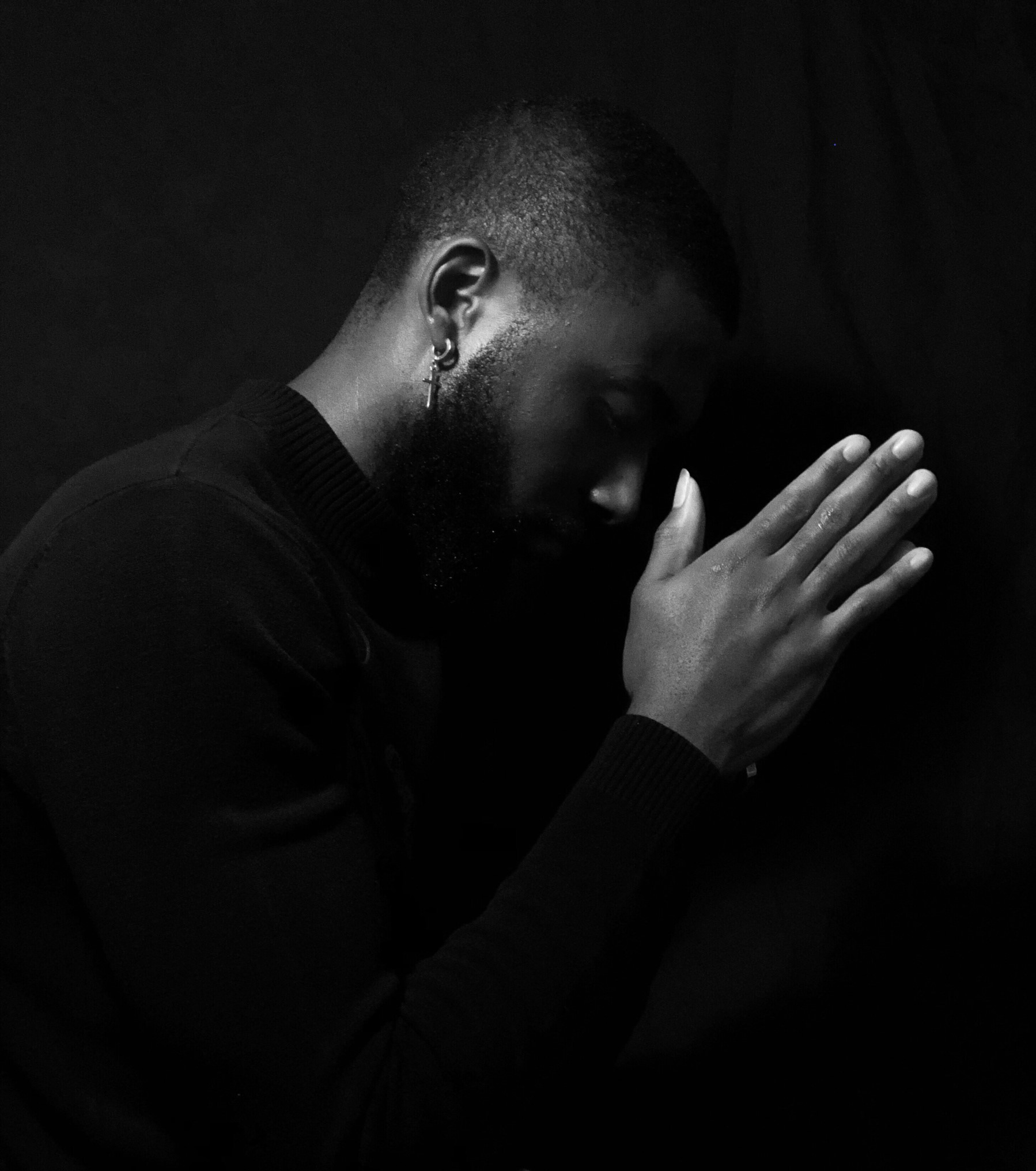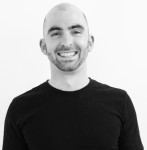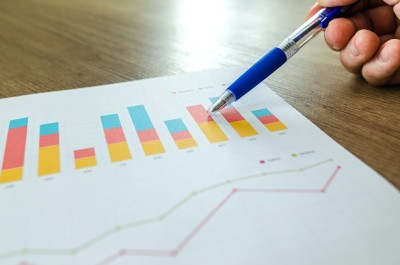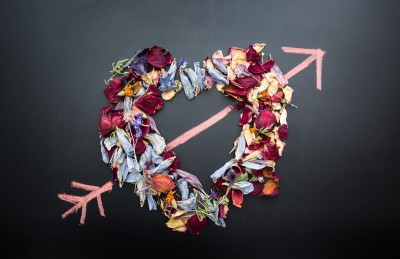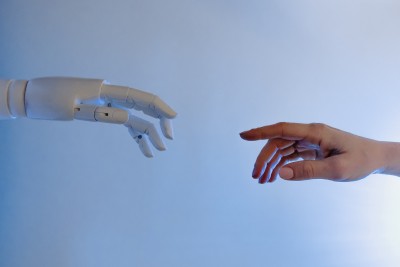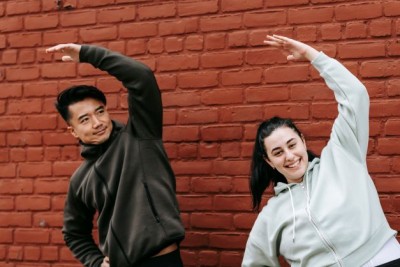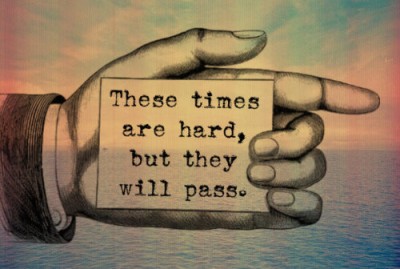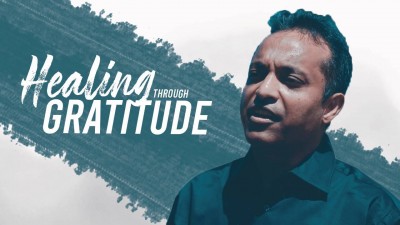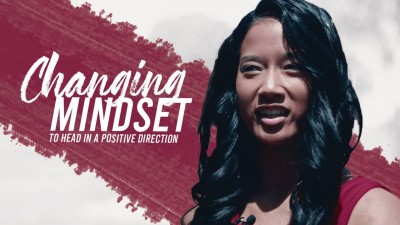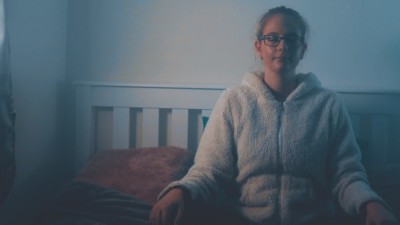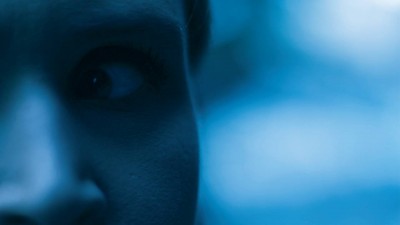Imagine if there were another statue sitting on the mainland directly facing the Statue of Liberty in New York. What should that statue represent? The free world has always seemed to romantically embrace their right to freedom, however, there is an overlooked component of that freedom which has brought the world to its metaphorical knees in the 21st century. What if we were reminded of our obligation to take responsibility for our actions as part of that liberty we so cherish? What if this reminder was in the form of a second statue called the Statue of Responsibility?
Depending on the perspective with which we approach the notion of personal responsibility there are a wide range of emotions it can evoke. Some may feel a sense of excitement and opportunity, as if they can now grasp the steering wheel of their own life and go in the direction that they want which is the core concept of freedom anyway right? Some may feel a sense of confrontation as they grapple with the fact that to take responsibility for one’s own life and actions will simultaneously mean they accept they have made mistakes and that their choices and past actions are the reason they may not be exactly where they want to be in life. And most people will probably fit somewhere in between or perhaps be a little confused about why responsibility is so critical to the freedom many of us enjoy.
It is a real challenge to take full responsibility in today’s modern world. The media is constantly encouraging us to blame the government, schools, religions, big business, the drive to work and even the weather for our lack of joy and happiness. Most people don’t like conflict so even if they have a differing point of view, they will often agree with us when we put the responsibility for our performance in life on external factors. Many people will complain and play the victim without even realizing just as those friends who end up supporting this victim mentality may not have any idea the critical role they are playing in propagating this lack of responsibility mindset.
A prime example of how crazy things can get is the case of Stella Liebeck, a 79-year-old woman who spilt a hot McDonalds coffee on her lap and was eventually awarded over half a million dollars in compensation. Interestingly, yet still a victim mindset to start with, Stella initially put a claim in for a relatively minor amount to cover medical expenses but when she eventually obtained the services of a Texas attorney, she was finally awarded more than 30 times her initial claim!
What happened here and how does this apply to you? In this example, it’s obvious that the item was going to be hot. Accidents happen and when hot coffee is spilt it can burn skin. If the cup was deliberately faulty so as to cause harm that is one thing but in this case the coffee was accidently spilled by the customer. Would it have hurt? Of course! But who made the mistake? The customer or McDonalds? You know the answer and so did the person who made the claim! But when ambitious attorneys, journalists, politicians and many other ‘professionals’ grab hold of an idea regardless of its moral foundations and run with it the result is a disproportionate penalty for an event which ultimately was out of McDonalds hands!
It’s all good and well to discuss this type of blatant victim mentality, but the rubber hits the road in our own life when we take a close look at our own mindset around personal responsibility. How much of our life, especially the parts we don’t enjoy, do we take FULL responsibility for compared to how much we attribute to bad parenting, school yard bullies, careless teachers, greedy bosses, flawed religious leaders and friends that let us down?
As challenging as it can be to own all aspects of our current life circumstances it is equally as liberating! Do bad things happen to us that we can’t do anything about? Of course they do. But why is it then that some people can suffer an extreme amount of personal tragedy and hardship and yet seem to rise to the top in their game? A significant factor in their success is their acknowledgement and understanding that it’s not what happens that determines the major part of how their life works out, it’s what they DO about what happens that makes the biggest difference.
Viktor E Frankyl was an Austrian neurologist and psychiatrist who survived the Holocaust. In his book ‘Man’s Search for Meaning’ he states ‘Everything can be taken from a man but one thing: the last of the human freedoms—to choose one's attitude in any given set of circumstances, to choose one's own way’. In other words, the ability that human beings have to choose their own attitude regardless of external circumstances is an incredible gift! Yet the vast majority of humans simply overlook or aren’t even aware that they have this power. The ability to choose our own way in life is only available to us when we take full responsibility for our choices and actions.
The wisdom of Voltaire, a French philosopher was brought to Hollywood when Peter Parker’s (aka Spiderman’s), uncle attempts to enlighten a confused Parker by imparting the phrase ‘With great power comes great responsibility’. Freedom of choice is an incredible power that we in the free world enjoy. The question is, do we appreciate the other side of the coin of this freedom which is that we must take responsibility for our life and our actions to truly allow this freedom to function most effectively.
So how do you take full responsibility? It’s scarily simple. We tell ourselves the truth! ‘To thine own self be true, and it must follow, as the night the day, thou canst not then be false to any man.’ Was famously written by Shakespeare in his play Hamlet and is the key to unlock personal freedom at all levels of the body, mind and spirit.
The truth about parents, school yard bullies, teachers, bosses, religious leaders and our friends is that they are all human beings that are imperfect and make mistakes. The truth is they are likely all hurt and wounded from previous events in their own lives that perhaps they have not yet fully healed from when they come into our experience. The truth is that their impact on us may not be a direct assault on us personally but could be an expression of this unresolved pain within themselves, a cry for help perhaps. Perhaps we were not able to provide them the help they needed at the time but if we take a step back, tell ourselves the potentially uncomfortable truth, we put ourselves in a much better position that can enable us to see the truth of the experience. We can then come to the realization that our past experiences no longer need to be our reason for our performance in life. We can begin to move forward with the understanding that we are the ones that control our lives.
To outsource control of our lives to external circumstances or other people is a recipe for anxiety, depression and ultimately despair. Why would we be optimistic about life if we believed unconsciously that we could not control or influence the outcome? The exciting part of personal responsibility is that when we do tell ourselves the truth, when we do embrace the fact that bad things out of our control will happen but it is our choice of what we do about that happening that has the biggest impact on our joyful experience of life, we can live out our days truly and totally liberated! The freedom we cherish becomes real. We are no longer held back by an invisible anchor called blame and victim thinking. We empower ourselves by telling ourselves the truth and realize the key to our future is in our hands, not in anyone else’s.
